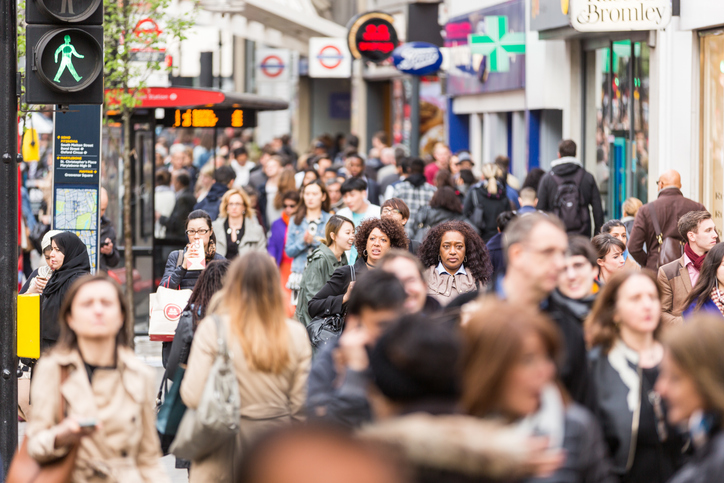
Fear and Hope 2024: The case for community resilience
HOPE not hate has launched the seventh Fear and HOPE report: Fear and HOPE 2024: The case for community resilience.
In the report, HOPE not hate examine how building resilience to the far right in communities goes beyond promoting social cohesion and includes tackling economic deprivation, repairing relationships with democracy, ending damaging political rhetoric and more. Through an updated segmentation analysis of UK attitudes, HOPE not hate look back on the last 13 years of Fear and HOPE and what’s changed since the first report in 2011. This includes detailed analysis on how narratives around migration and multiculturalism in particular have lowered resilience to hate as was seen unfolding during the nationwide riots in August.
Key Findings:
- Resilience is low. Sixty one per cent of people think there is an increasing amount of tension between different groups living in Britain, the highest since 2018. Racial, ethnic and religious divides are seen as the biggest causes of division: 63% believe that relationships between different ethnic groups have worsened over the last 10 years.
- People’s views on immigration and multiculturalism are shaped by their attitudes towards Muslims more than other ethnic and religious minorities. People are around three times more likely to believe that Muslims cause problems in the UK (46%) than Jews (15%), Hindus (16%) or Sikhs (14%).
- Economic stagnation and scarcity are easily exploited to create division. People experiencing economic deprivation are twice as likely to feel pessimistic about the future than people who feel well off.
- The Government has a responsibility to intervene in communities, and the public wants this. Seventy two per cenet of people think the Government should improve cohesion between different communities.
Fear and hope provides a route map to build a better society, requiring action from us all. Its recommendations range from practical ways that national Government can build community resilience, to urging civil society partners to help us counter the narrative that multiculturalism has failed by developing a new national story of ‘us’. Narrative change must also come alongside material change to people’s circumstances that allows them to be optimistic about the future.
